SFAA supports American Bail Coalition’s Efforts to Access SBA Loans
| SFAA supports American Bail Coalition’s Efforts to Access SBA Loans |
May 1, 2020
Via Electronic Mail
Mr. William Manger
Associate Administrator
Office of Capital Access, Small Business Administration
409 3rd Street, S.W. Suite 8200
Washington, DC 20416
Re: SBA Paycheck Protection Program – Bail Bond Companies
Dear Administrator Manger:
I am reaching out to you on behalf of the SFAA1 to provide comments and input in connection with recent actions taken by the Small Business Administration (“SBA”) under the Paycheck Protection Program (“PPP”) that has negatively impacted the surety bail bond industry. Be advised the SFAA supports the position taken by the American Bail Coalition (“ABC”) as set forth in its Notice dated April 10, 2020. A copy of that Notice is attached.
Standard Operating Procedure (“SOP”) 5010 adopted by the SBA to implement the regulations governing the PPP program requirements has taken the very broad step of creating a rule that has rendered certain businesses to be ineligible to participate in the PPP loan program. The regulation in question, 13 CFR 120.110(b), identifies specific financial businesses engaged in lending and factoring. From this regulation the SOP further specifies that “Bail Bond Companies” are also ineligible under the lending exclusion.
The action taken by the SBA is curious and overreaching in several respects. First, the PPP in the recently passed CARES Act does not set forth any businesses that are ineligible to apply for benefits. Nevertheless, the SBA excluded certain businesses as ineligible and adopted the regulation referenced above to define said ineligible businesses. The adopted regulation does not specifically include Bail Bond Companies in its definition of excluded “financial businesses.” However, in contrast, the SOP inexplicably excludes Bail Bond Companies as a financial business eligible under the PPP.
Second, as pointed out by the ABC in its Notice, Bail Bond Companies, whether they are bail agents or the insurance companies that issue the bonds, are not lending institutions. Bail bonds are a product of the surety insurance industry and are, in fact, issued by several SFAA member The bonds are produced and underwritten by a nationwide network of agents that work closely with their local criminal court systems. The bonds themselves bear no resemblance to a “loan;” they act as security to assure a criminal defendant’s appearance at future court proceedings.
Nearly all of the agencies that produce bail bonds are small and most have fewer than 500
employees. As a result, this action by the SBA will create a financial hardship that may
overwhelm many of these small businesses. As set forth in the ABC’s Notice, the
misclassification of bail agents as lenders or financial institutions and the resulting inability of these businesses to avail themselves of the benefits of the PPP will place an enormous and unwarranted burden on these agents. Further, it is foreseeable that this burden could result in a negative and serious impact on the criminal justice system if bail agencies start to close their doors, making bail bonds unavailable.
The SFAA would ask that the SBA revisit the regulations and SOP in question in light of the
intent of the CARES Act. The goal of the Act was clearly to reach and assist as many small
businesses as possible. The actions taken by the SBA are contrary to those goals and corrective action needs to be taken as soon as possible.
We appreciate your consideration and are available if you need more information regarding bail bonds or the surety industry in general. Thank you.
Respectfully submitted for your consideration,
Julie Alleyne
Vice President, Public Policy & General Counsel
The Surety & Fidelity Association of America
JAlleyne@surety.org
202.778.3630
1 The Surety & Fidelity Association of America (“SFAA”) is a non-profit corporation whose member companies collectively write the majority of surety and fidelity bonds in the United States. SFAA is also an advisory organization operating in all states and regularly provides input and education to local, state and federal governments and agencies on any and all issues relating to surety and fidelity insurance.





